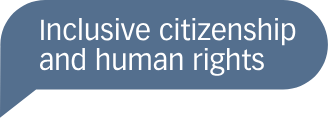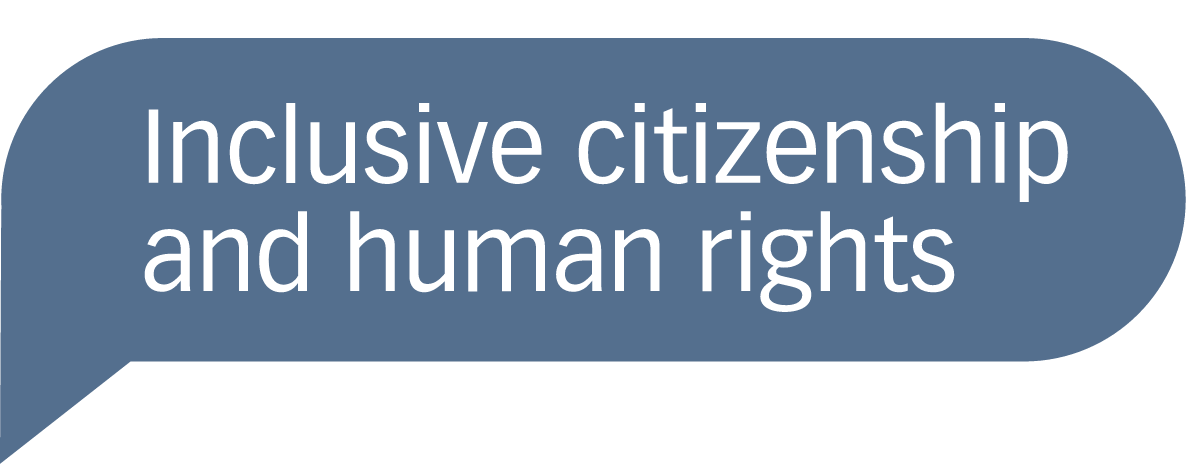
Since the adoption of the 1994 Constitution and the official end of apartheid, South Africa has been referred to as the ’Rainbow Nation’, symbolizing the ideal of different cultures coexisting peacefully within the country. However, researchers have pointed to how South Africa, like other countries, has a problem with intolerance and hate speech targeting minorities, particularly on social media.
Academic research attributes the construction and spread of hate narratives in South Africa to numerous factors, including xenophobic attitudes, nationalism, and identity conflicts. These online hate narratives have been linked to real-world violence against minority communities.
On this page, we highlight research that explores these issues. The projects address various aspects of the interplay between historical narratives, hate speech, race, religion, gender, and identity, offering insights into how societies in South Africa navigate divisive narratives. Through these studies, we aim to highlight both the challenges and strategies used to foster inclusivity and understanding in diverse communities.
Associate Professor of Historical Studies Adam Mendelsohn from the University of Cape Town discusses the 2022 report “The Dynamics of Racism, Antisemitism, and Xenophobia on Social Media in South Africa”
Combating hate speech on the ground – An interview project with NGOs
South Africa has one of the world’s highest numbers of non-governmental organizations (NGOs) working for human rights. These organizations combat discrimination and hate crime as it unfolds in everyday social life. This project has explored how hate speech affects minorities and how NGOs work to combat online hate.
This project aim investigate:
- How NGOs assess manifestations of online hate speech,
- Patterns NGOs identify in online hate speech
- Experiences described by members of their communities and possible connections between online hate and real-world incidents of discrimination and violence.
- How the NGOs work to combat online hate speech
Responsible for the project: Dr. Vibeke Moe and Dr. Cora Alexa Døving
Duration: 2023-2025
What are the key legal frameworks regulating online hate speech in South Africa? What are the elements that constitute hate speech?
- The Chinese Association SA
- The Consortium for Refugees and Migrants in South Africa (CoRMSA)
- South African Muslim Network (SAMNET)
- Fight With Insight
- Rite2Live
- South African Jewish Board of Deputies (SAJBD)
- Cape Town Holocaust and Genocide Center (CTHGC)
- The Kaplan Centre for Jewish Studies
- Rainbow Activist Africa
- Jehovah’s Witnesses
- Denis Hurley Centre
- Shandukani Research Center
- Media Monitoring Africa (MMA)
- Cape Cultural Hindu Society
- The Open Mosque Cape Town
- Hate Crimes Working Group (HCWG)
- Lawyers for Human Rights
- Legal Resources Centre
Antisemitic hate speech on social media in South Africa
In this interview, Dr. Adam Mendelsohn, Professor and Director of the Kaplan Centre for Jewish Studies at the University of Cape Town, discusses the 2022 report “The Dynamics of Racism, Antisemitism, and Xenophobia on Social Media in South Africa”, co-authored by Thierry Rousset, Gavaza Maluleke, and himself. The report examines how social media often amplifies divisive agendas, with discourse frequently shaped by extremes. Analyzing online activity around key events in 2020 and 2021, this reports explores how racist, xenophobic, and anti-Semitic content circulates on platforms like Facebook, Twitter, and TikTok.
Dr. Adam Mendelsohn, Professor and Director of the Kaplan Centreat the University of Cape Town, shares his insights on antisemitism in South Africa.
Additional Readings
- The Dynamics of Racism, Antisemitism and Xenophobia on Social Media in South Africa https://www.jhbholocaust.co.za/wp-content/uploads/2022/10/The-Dynamics-of-Racism-Antisemitism-Xenophobia-on-Social-Media-in-South-Africa-web-low-1.pdf
Related Resources
Find digital tools produced in cooperation with partners and researchers from different regions.
Coverphoto: by Andrew Renneisen/Getty Images



